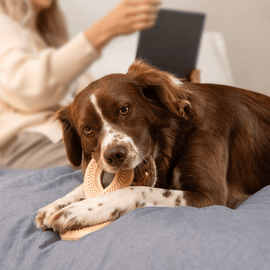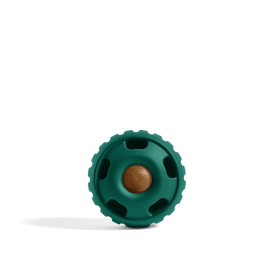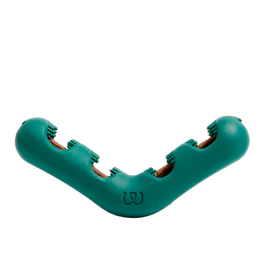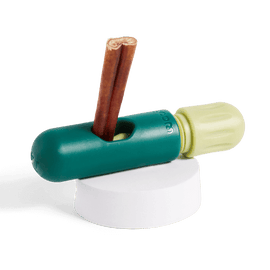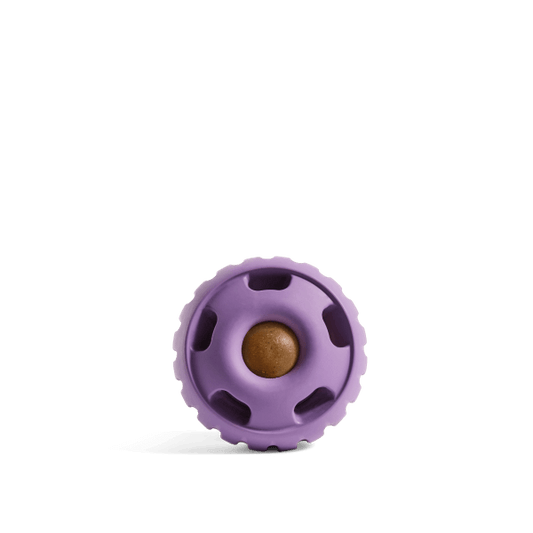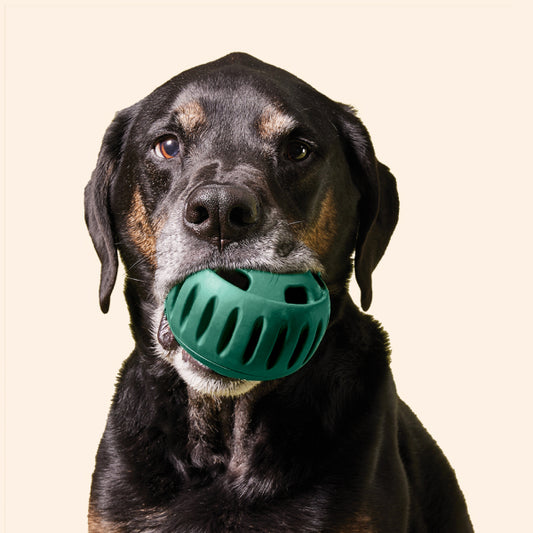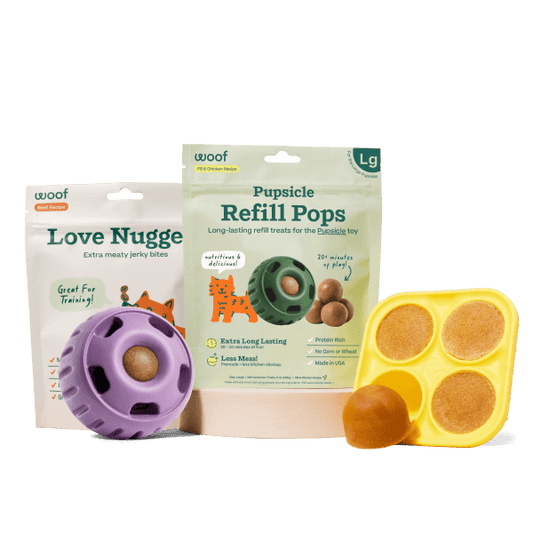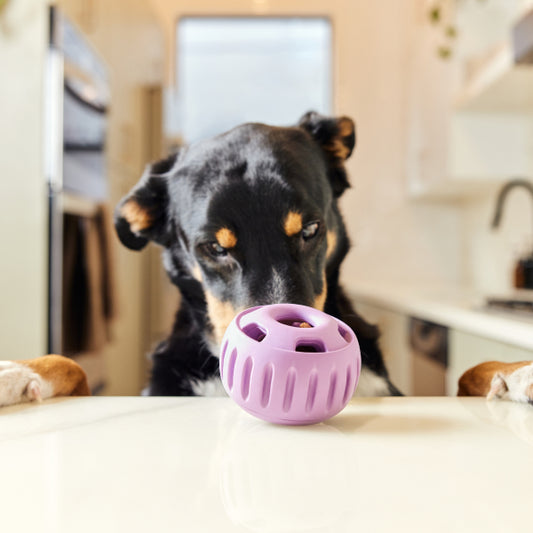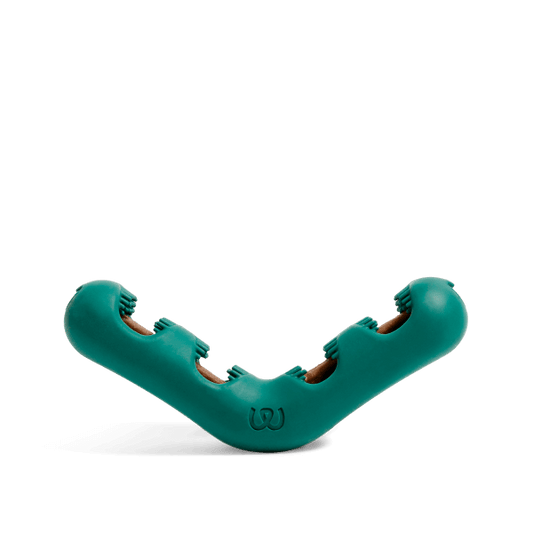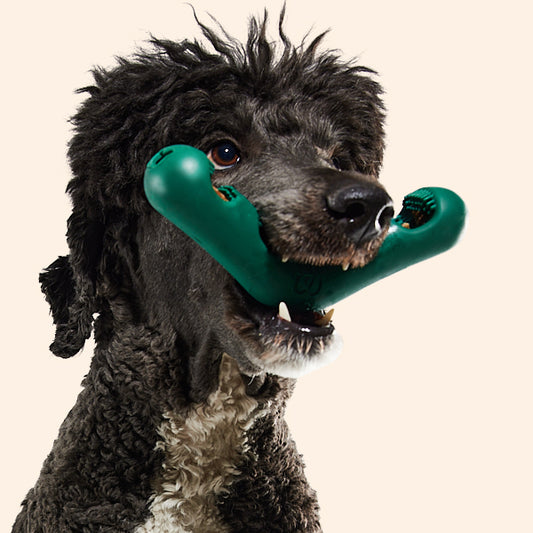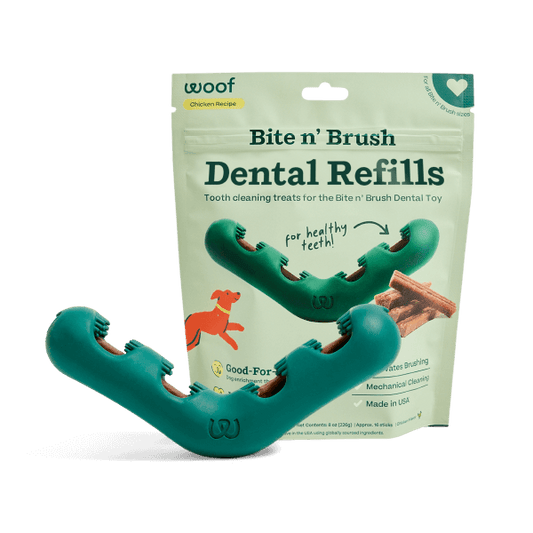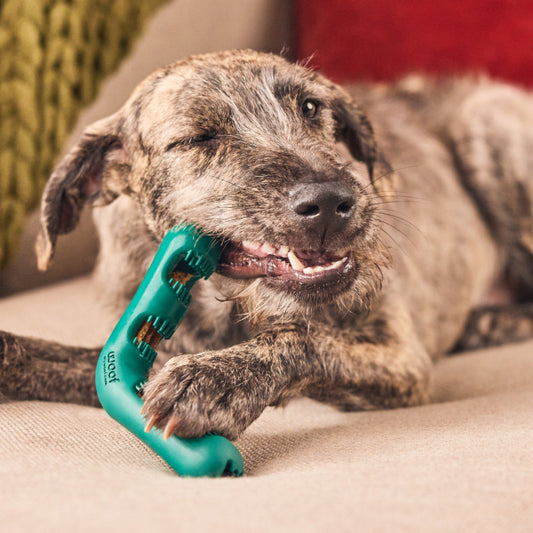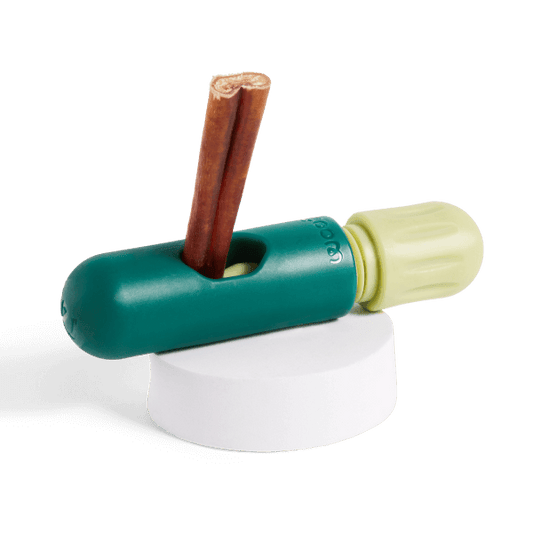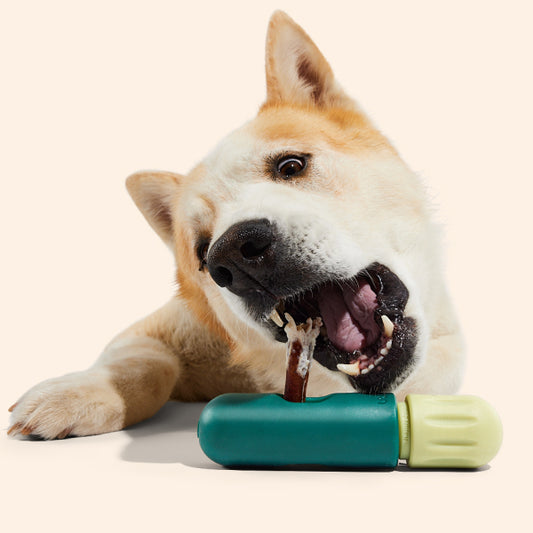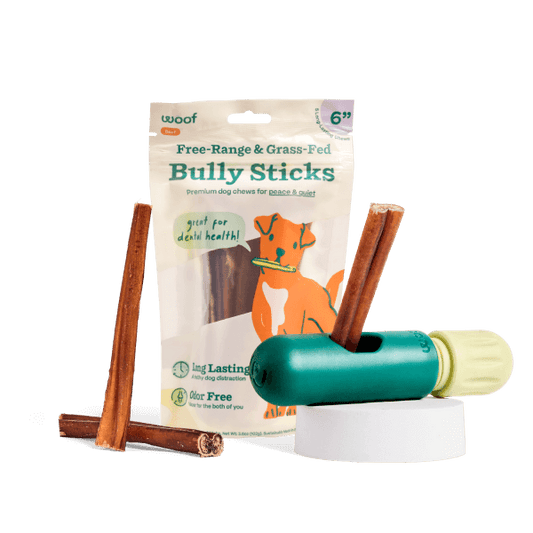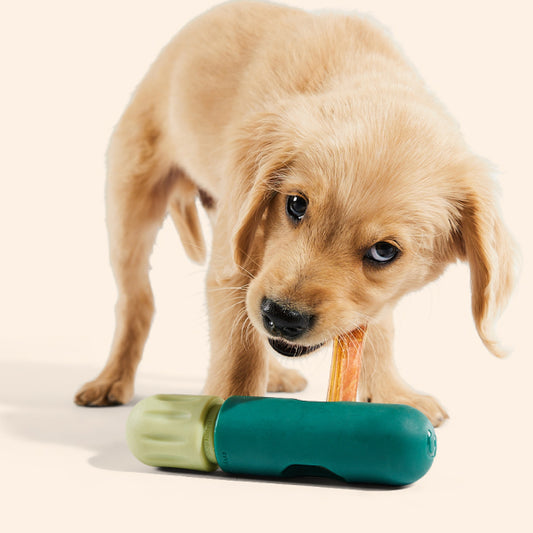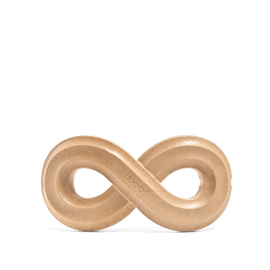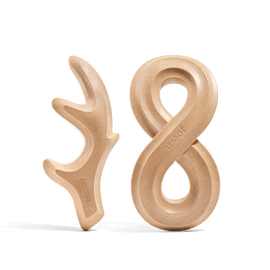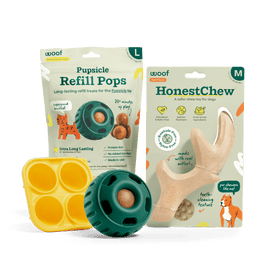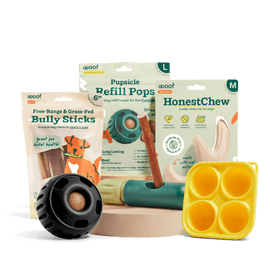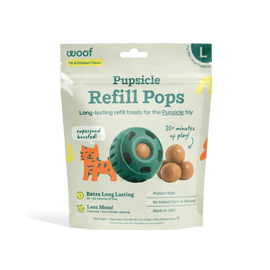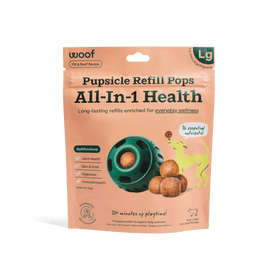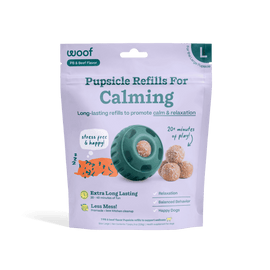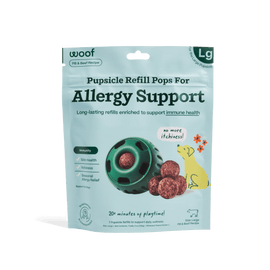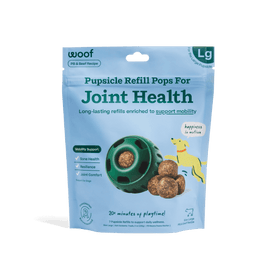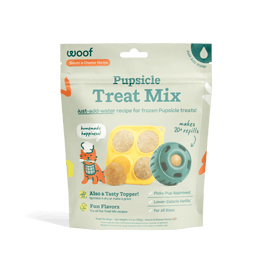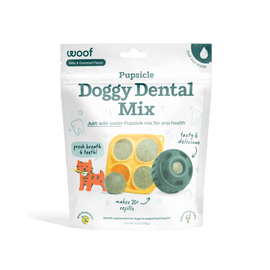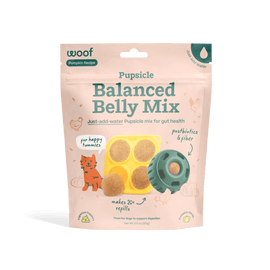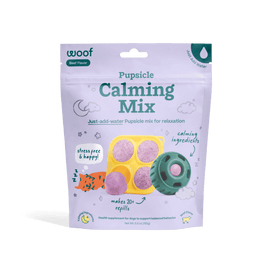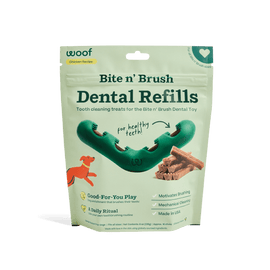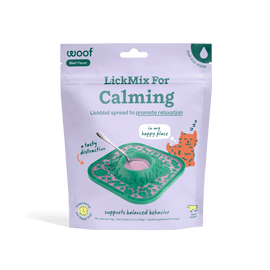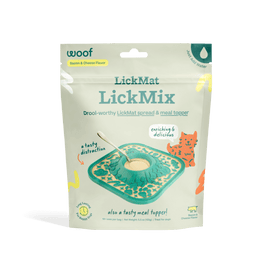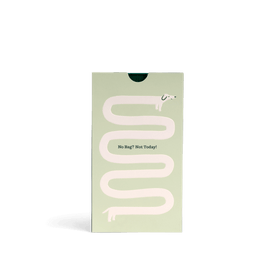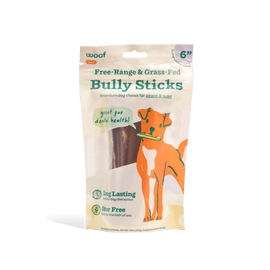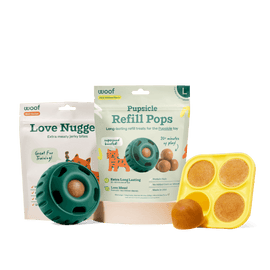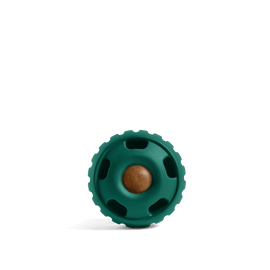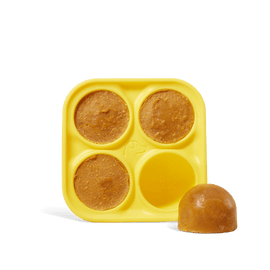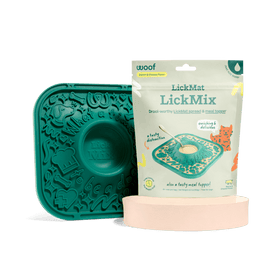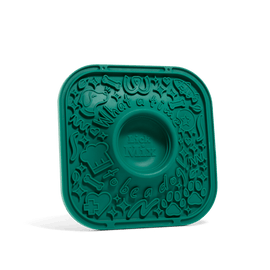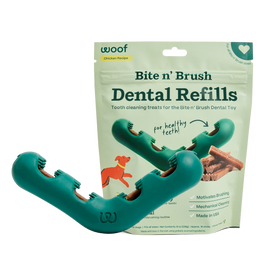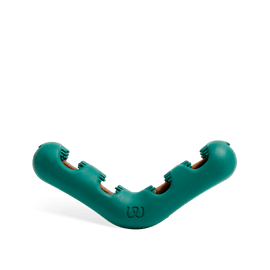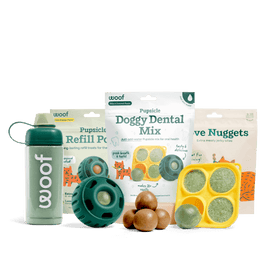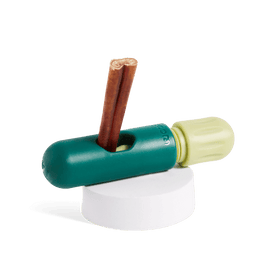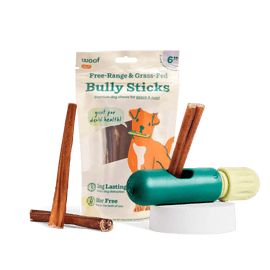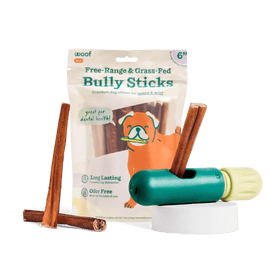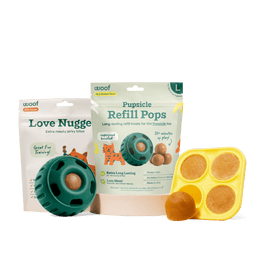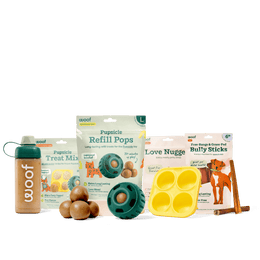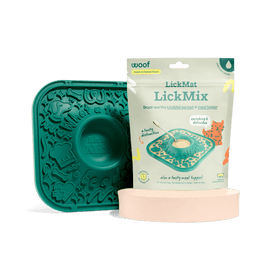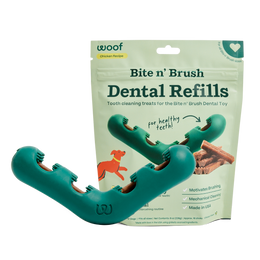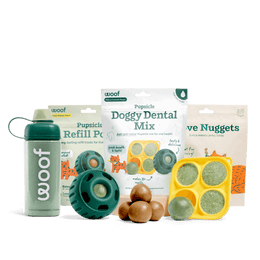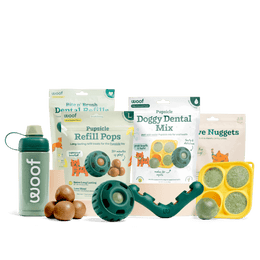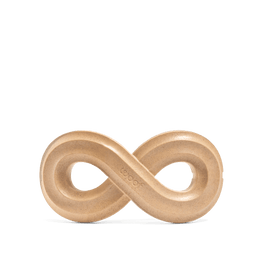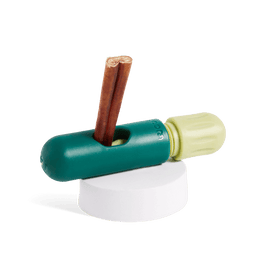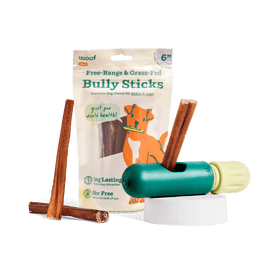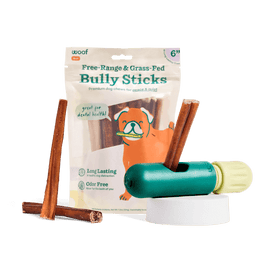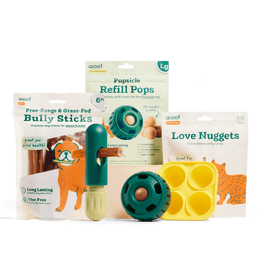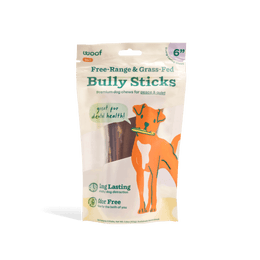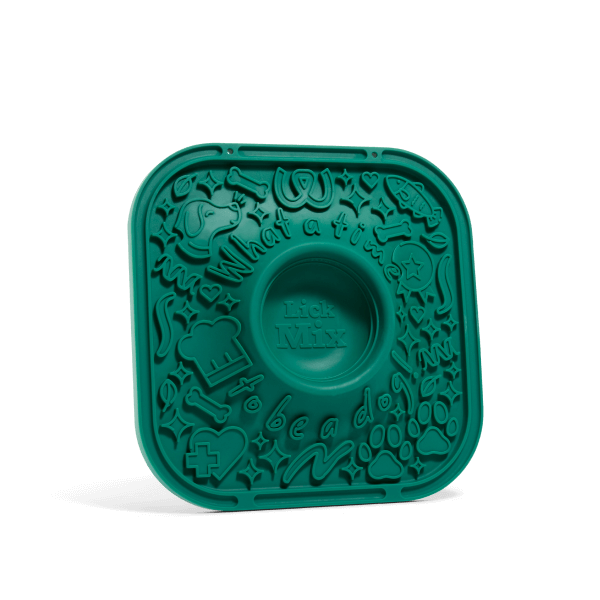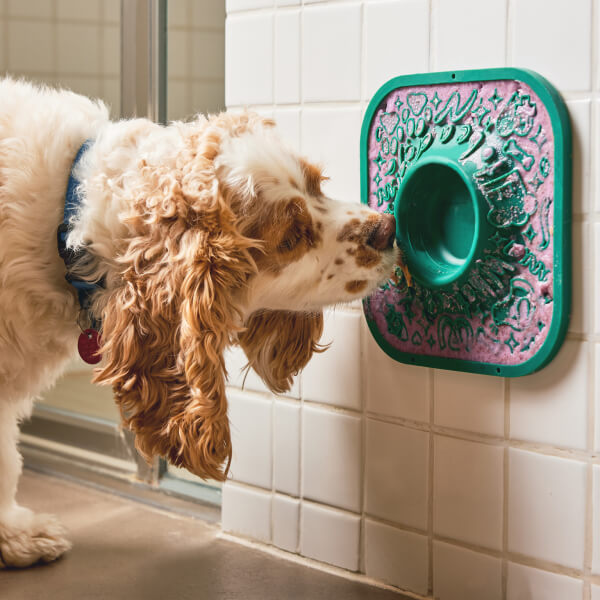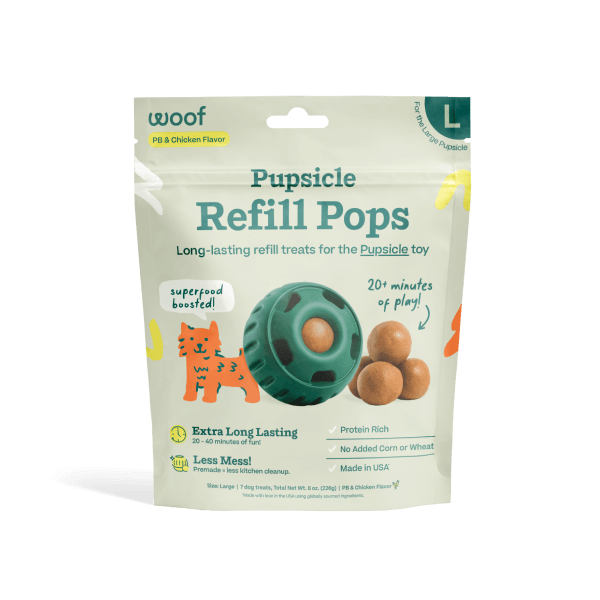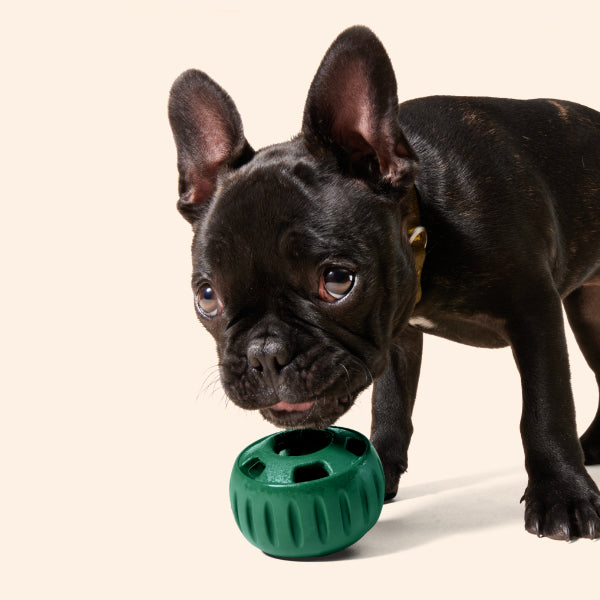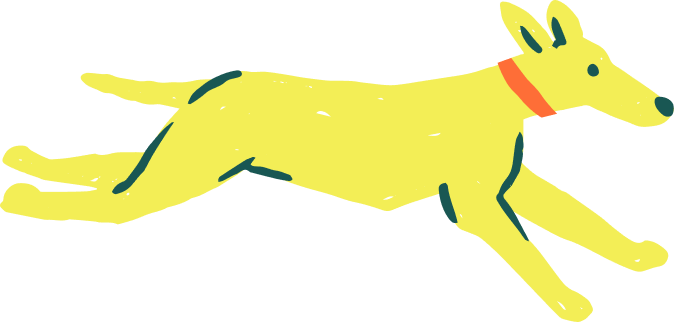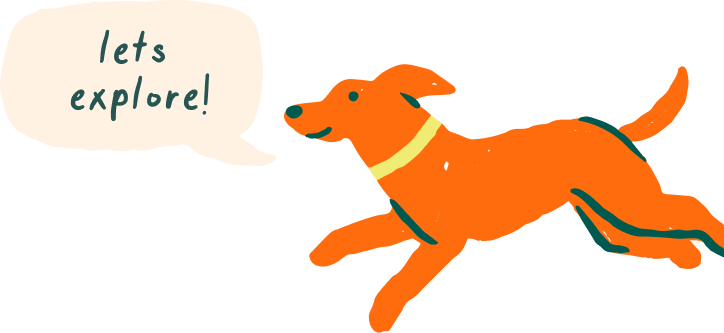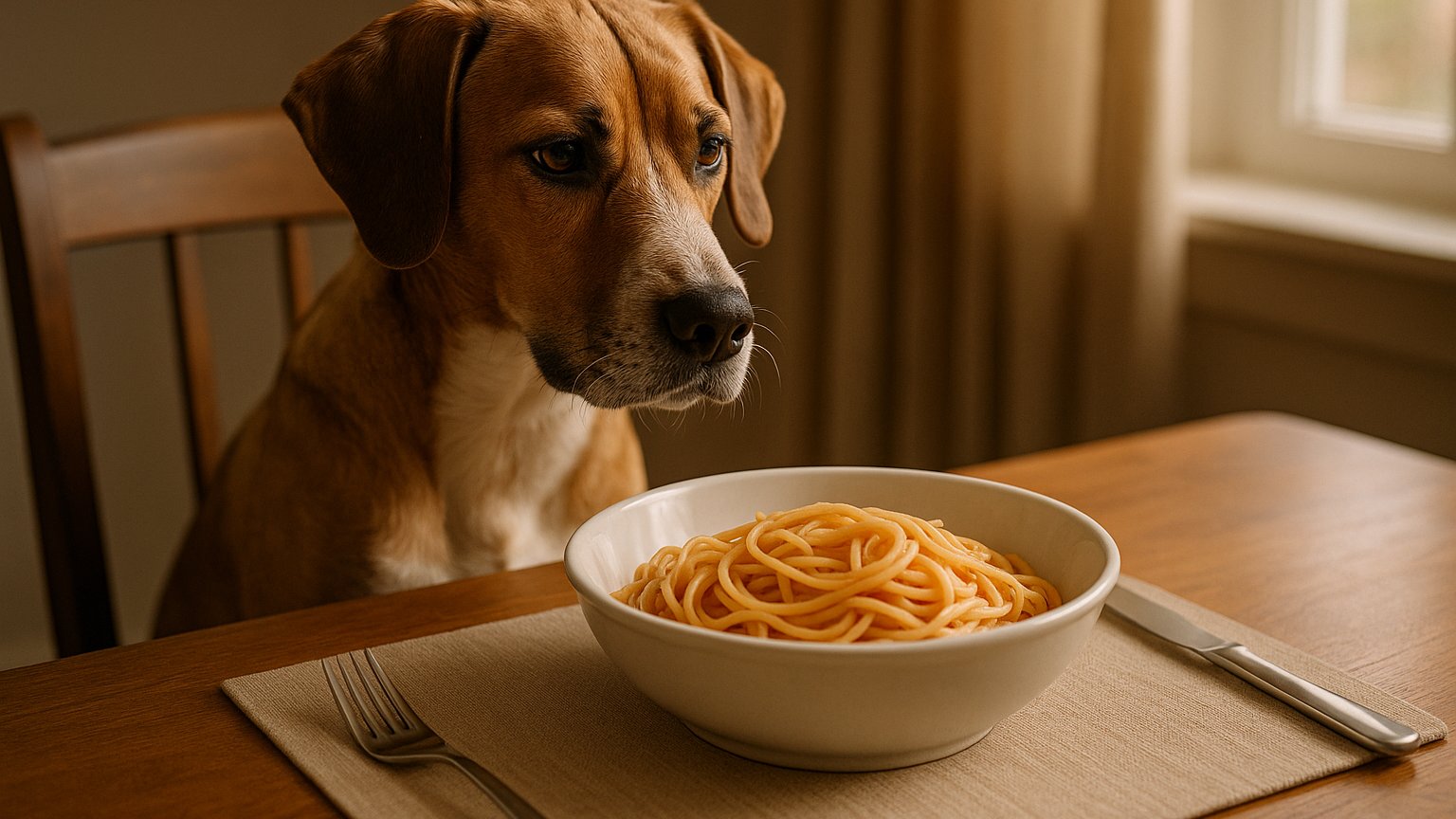
Ever caught your pup giving you that hopeful, wide-eyed stare while you twirl up a forkful of spaghetti? It’s one of those classic dog-parent moments—Can dogs eat pasta? And if so, is it healthy? Safe? Or something to avoid altogether? Let's unravel the truth behind sharing your pasta bowl with your four-legged best friend.
It’s tempting to toss a noodle or two to your pup during dinner, but not all foods we love translate to dog-safe snacks. From ingredients to portion size, there’s a lot to consider before you let your pup become a pasta lover. Luckily, you’re in the right place—we’ve got the full scoop.
Is Pasta Safe for Dogs?
Let’s start with the basics. Plain, cooked pasta—typically made from flour, water, and eggs—is not toxic to dogs. Most pups can tolerate small amounts without issue, and some may even enjoy the soft texture and mild flavor. Pasta can provide a temporary energy boost thanks to its carbohydrate content, but that doesn't mean it's a healthy choice.
Here’s the catch: just because it’s not harmful in moderation doesn’t mean it’s beneficial. Pasta offers little nutritional value for dogs, especially compared to their protein-focused dietary needs. It’s better viewed as an occasional indulgence, not a meal substitute.
Why Moderation Matters
Pasta is a high-carb, low-nutrient food that can lead to a range of issues if fed too frequently. Dogs that consume too many carbohydrates may experience:
- Weight gain: Excess carbs are converted to fat, leading to obesity-related complications.
- Joint problems: Added weight stresses joints, especially in large or aging breeds.
- Heart health concerns: Poor diet and excess fat can contribute to cardiovascular strain.
- Decreased energy: Pasta may cause blood sugar spikes followed by crashes, impacting your dog’s energy levels.
Veterinarians typically recommend limiting pasta to a rare treat—think of it as your pup’s version of birthday cake: fun once in a while, but not a staple.
Biggest Risks to Watch For
If you're thinking of sharing pasta, beware of these common hazards:
- Sauces & Seasonings: Garlic and onions—common in pasta sauces—are toxic to dogs and can lead to anemia. Butter, salt, oil, and creamy sauces can also trigger pancreatitis or digestive upset.
- Uncooked Pasta: Raw pasta can be a choking hazard and is harder for dogs to digest, potentially causing bloating or blockages.
- Food Sensitivities: Some dogs are allergic to wheat or eggs. This can manifest as itchy skin, ear infections, vomiting, or diarrhea after eating pasta.
When in doubt, skip the toppings, and always cook the pasta thoroughly before serving.
How to Safely Share Pasta
If you're set on letting your pup join pasta night, here’s how to do it the safe way:
- Choose plain pasta with no sauces, spices, or seasonings.
- Cook it fully so it’s soft and easy to digest—al dente isn’t ideal for dogs.
- Limit portions to just a few small strands once or twice a week.
- Break it into small pieces to prevent choking, especially with long noodles like spaghetti or linguine.
- Watch closely for reactions: If your dog shows signs of allergies or digestive issues (e.g., gas, itching, loose stools), stop immediately and contact your vet if symptoms persist.
Bonus tip: If your dog’s new to pasta, test a tiny amount and wait 24 hours before offering more.
Better Alternatives Your Dog Will Love
While pasta can be a fun treat, why not offer your dog something made for them—nutritionally balanced, vet-approved, and totally tail-wag-worthy? Woof’s lineup of healthy, delicious snacks delivers just that. Here are a few fan favorites:
- The LickMat – Perfect for calming anxious pups. Add a smear of Bacon & Cheese LickMix or mashed sweet potato for a slow-lick sensory delight.
- Pupsicle Pops – Refreshing, dog-safe frozen treats that are easy to digest and mess-free. Great for hot days or winding down before bed.
- Wellness Starter Pack – Includes functional treats that promote healthy joints, immunity, and digestion. A total upgrade from empty carbs.
These options deliver flavor and function—treat time becomes part of your dog’s wellness routine.
What to Do If Your Dog Ate Pasta
Accidents happen! If your pup snuck a few bites of plain, cooked pasta, don’t panic. Monitor them for the next 24 hours for signs of upset stomach, bloating, vomiting, or changes in stool. A few noodles probably won’t cause harm, especially in larger dogs.
However, if they ate pasta covered in sauce (especially garlic/onion), or large quantities of uncooked pasta, call your vet immediately. It’s always better to play it safe—especially with small dogs, puppies, or senior pups with pre-existing conditions.
Final Woof-Worthy Takeaways
Can dogs eat pasta? Yes—in small, plain amounts, and only occasionally. But pasta is far from ideal as a regular treat. It lacks the nutrients dogs truly need and carries some risks if served with the wrong ingredients.
Why settle for an empty-calorie snack when you could offer something that supports their health, happiness, and tail-wagging enthusiasm? With Woof’s trusted products, treat time becomes a moment of joy and wellness—not guesswork.
Next time your pup begs for a noodle, you’ll know: they *can* have it—but they’ll *love* something better from Woof.
